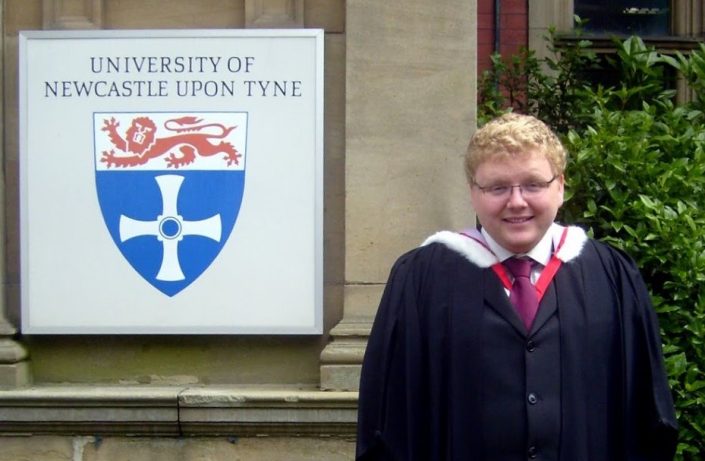What I’ve been reading this month

Sylvia Plath’s Mary Ventura and the Ninth Kingdom packed far more food for thought into 40 pages than many writers manage in 400. The plot involved a young-ish girl sent on an ominous train journey by her parents. It was spine-tinglingly creepy, and the discomfort was only heightened by the clear allegory to the path our up-bringing bringing sets for each of us. I actually read this twice, as I couldn’t help myself from flicking back to the start almost as soon as I’d reached the end.
“It is worse, much worse, than you think” was the opening to David Wallace-Wells’s The Uninhabitable Earth: and the next 310 pages proved his point. This book explained the current position of the world with respect to global warming, and how much worse the situation is going to get as a result of damage that has already been done. I found this text both arresting and illuminating. It was one of those rare books that completely changed my understanding and frame of reference on a topic. And yet, it was also a reasonably easy read by virtue of the engaging style of writing.
Lorrie Moore’s Terrific Mother was a short novella in which a 30-something women was caught up in a simple accident which resulted in the death of her friend’s baby. This caused her to spiral into a deep depression, at the nadir of which she decided to marry an academic. She was whisked off to Italy as a spouse on a academic retreat, and fell for her American masseuse. Despite the heavy subject matter, especially at the start, this was written with an oddly true-to-life lightness and a certain sense of wit. It was 76 small-ish widely spaced pages long, very easily read in a single sitting, and that felt like exactly the right length for the story.
Amateur, Thomas Page McBee’s short autobiographical account of training for, and taking part in, a charity boxing match as a transgender man, was thoughtful and reflective. McBee’s exploration of boxing was fascinating: it’s a sport I’ve never engaged with in any meaningful way, yet one on which that I held a passively negative view. McBee’s exploration of boxing and the reasons men fight educated me and allowed me to see more of the nuance behind the sport. The discussion of masculinity was interesting too, particularly given the particular perspective McBee can bring as a transgender man.
A River in Egypt by David Means was a 34-page story covering a father’s thoughts during and after taking his infant son for a sweat test to diagnose Cystic Fibrosis. I thought Means did a great job of capturing the broad tumult of thoughts that people experience in situations like this: the complexity and frequent tangents felt true to life.
In How to Think Like a Roman Emperor, Donald J Robertson gave some historical context to Marcus Aurelius’s writings, and also drew some interesting and insightful comparisons between the practices advocated by the Stoic philosophers and techniques of modern psychotherapy. I appreciated that Robertson discussed differences as well as similarities and that the analysis went beyond superficial description of the longevity of the ideas. I thought that some of the more imaginative parts of the book didn’t quite work, but I enjoyed it nevertheless.
I was a bit disappointed by Ian McEwan’s Machines Like Me. It was a story about a the experience of a young couple who buy a human-like robot. I felt that there were too many ideas stuffed into the novel: resurrecting Alan Turing, a counter-factual social history of the 1980s, and technologically advanced and life-like robots. There were lots of interesting ideas hinted at, but none of them particularly well explored. The characterisation was very thin by McEwan’s usual standards – I didn’t really feel that I understood the motivations of the central human characters. It all just came across as bitty and confused to me.
I struggled to the end of Merve Emre’s What’s Your Type? this month, a book which promised to be a history of the cultish Myers-Briggs personality test, but turned out to be an interminably dull biography of Myers and Briggs. I don’t think I took anything useful away from this.
This post was filed under: What I've Been Reading, David Means, David Wallace-Wells, Donald J Robertson, Ian McEwan, Lorrie Moore, Merve Emre, Sylvia Plath, Thomas Page McBee.

